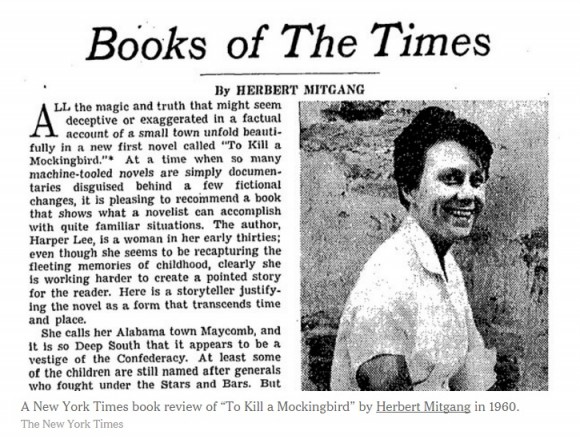Dear Commons Community,
Candace Thille, the founder of the Open Learning Initiative at Carnegie Mellon University and now at Stanford University, was featured in an article yesterday in The Chronicle of Higher Education, sounding an alarm about the privatization of adaptive learning and learning analytics services. She specifically cautioned against companies that are trying to assume control of this market. As reported in The Chronicle:
“Her concerns boil down to these:
- Colleges should have more control over this field. Like it or not, she argues, using data to predict student needs and deliver the right material at the right time will become essential. “And a core tenet of any business is that you don’t outsource your core business process,” she notes.
- Companies aren’t as well equipped to develop and test new teaching algorithms as colleges are. She argues that colleges are the ideal living laboratories for any teaching system because they are home both to the research on learning and the actual teaching. As she puts it, “You have a very quick feedback loop, where the research informs the practice and the practice informs the research.”
- When companies lead the development of learning software, the decisions those systems make are hidden from professors and colleges. Ms. Thille says companies that won’t share their processes are essentially saying, “Just trust the black box.” To most academics, she says, “That’s alchemy, that’s not science.”
The proprietary “black boxes” are the algorithms that might automatically serve up, say, an extra lesson on quadratic equations when a student’s responses to a quiz indicate that she didn’t quite grasp the concept. Every algorithm, and every decision about what data it will weigh, is also ultimately a pedagogical judgment call. For the companies selling adaptive software, “that’s where the gold is,” says Ms. Thille.
She contends that the demands of the market — with venture capitalists expecting returns 30 times what they’ve invested and companies facing pressure to deliver products priced so they don’t scare away customers — will inhibit innovation rather than foster it, even if the companies have the best intentions.”
She also mentions a recently announced Bill and Melinda Gates Foundation Personalized Learning Grant program designed to promote companies developing adaptive service programs:
“For example, in inviting universities to take part in a new $4.6-million Bill & Melinda Gates Foundation grant for the members of a new Personalized Learning Consortium, the Association of Public and Land-Grant Universities specified that applicants could use only 19 specific products approved by the foundation. All of them are owned by companies. One of them is Acrobatiq; the Gates foundation is also an investor in that company.
The foundation specified those “approved suppliers” for the quality of their products and because they “appear likely to be robust and sustainable for the future” as businesses, according to the request for proposals for the grant.
Travis Reindl, a spokesman for the Gates foundation, said last week that the list was not “the be-all and end-all of the possible providers” for the grantees and that other products could be added even after the winning institutions are selected. at the end of May. Asked specifically about whether open courses from OLI or those Ms. Thille is now creating at Stanford would be allowed, he said, “APLU will provide the updated provider list to the selected institutions. The list is still being developed.”
As for Acrobatiq, he said the foundation was “not in any circumstances” trying to favor that company. “There is no thumb on the scale” for Acrobatiq, he said.”
The academy would be wise to heed Ms. Thille’s advice.
Tony



